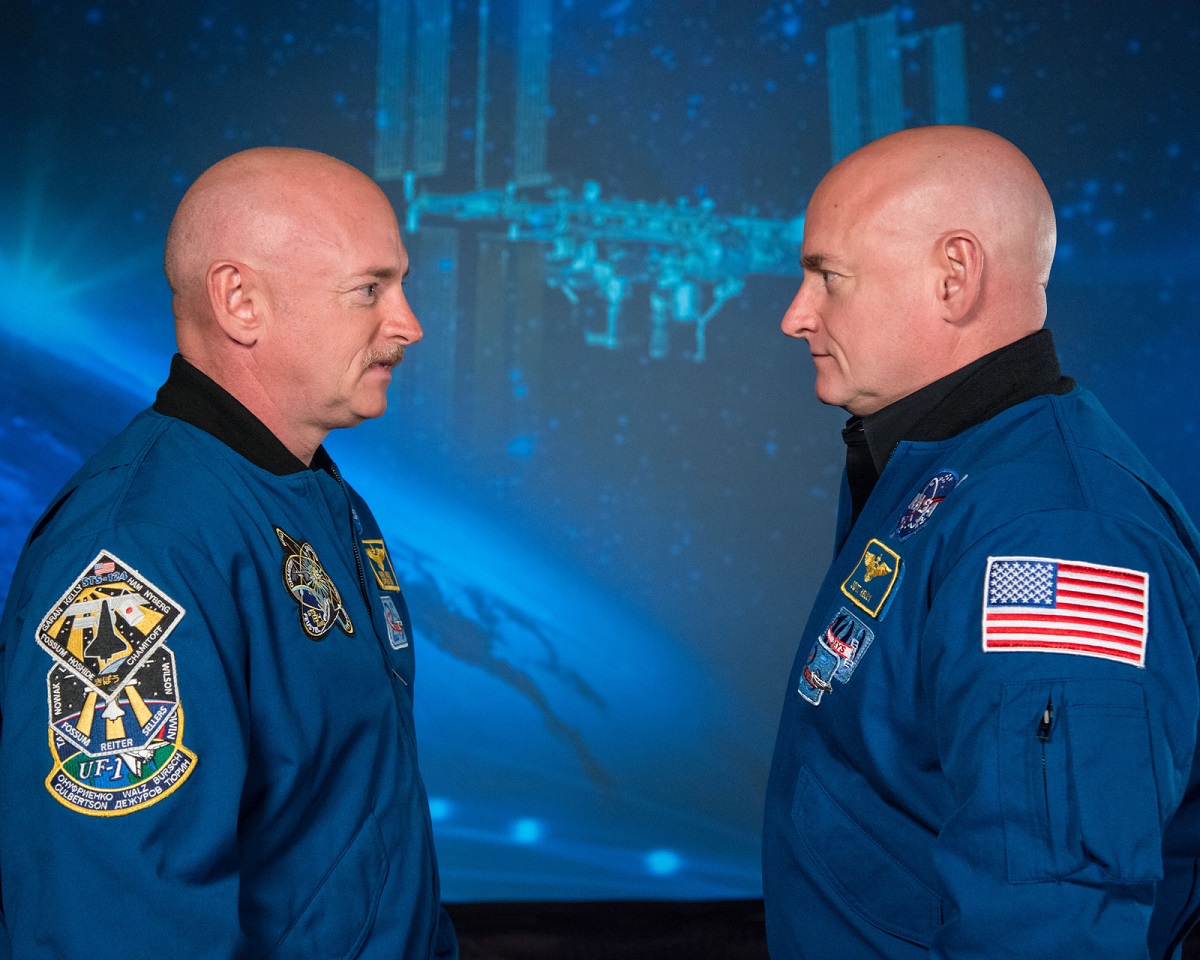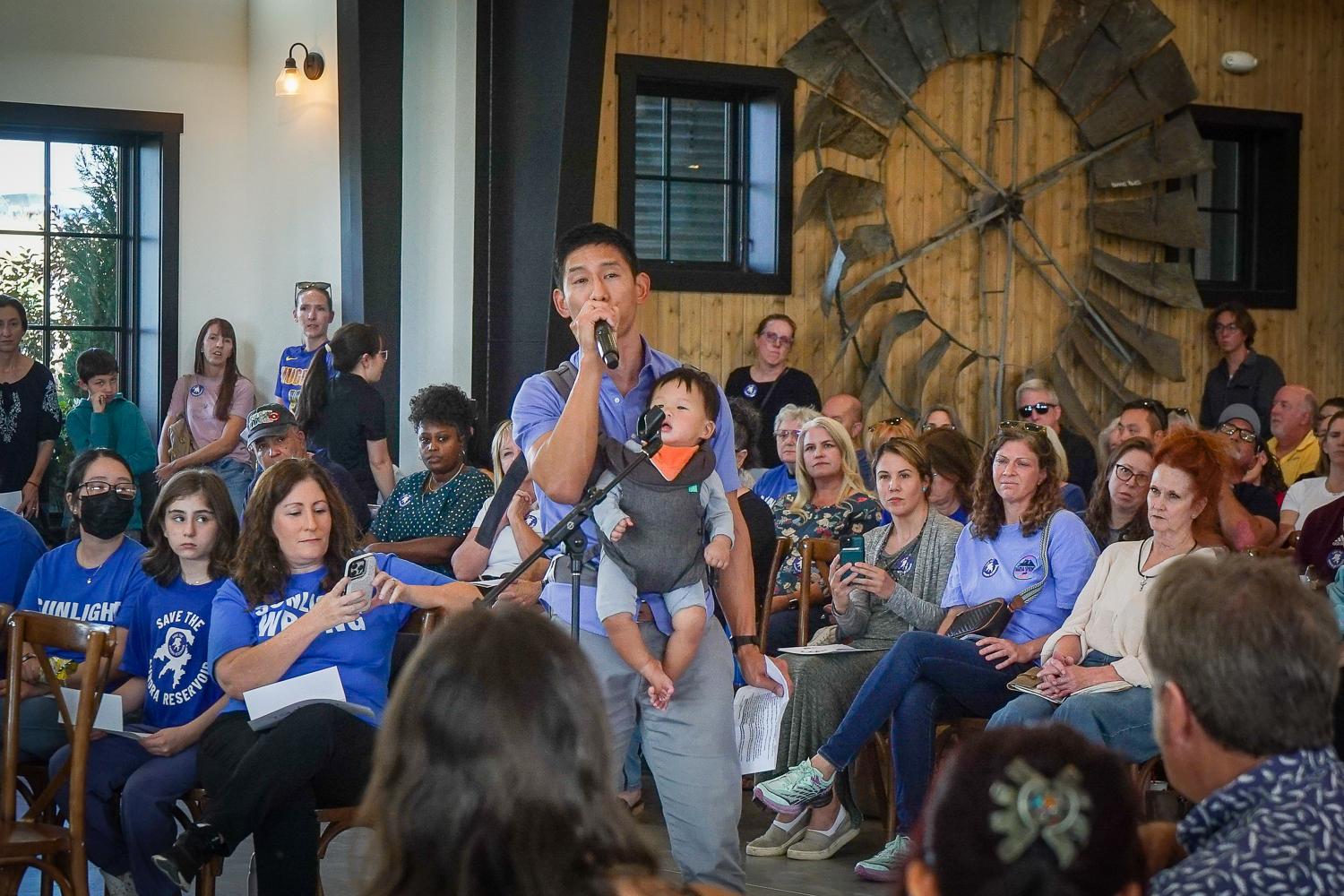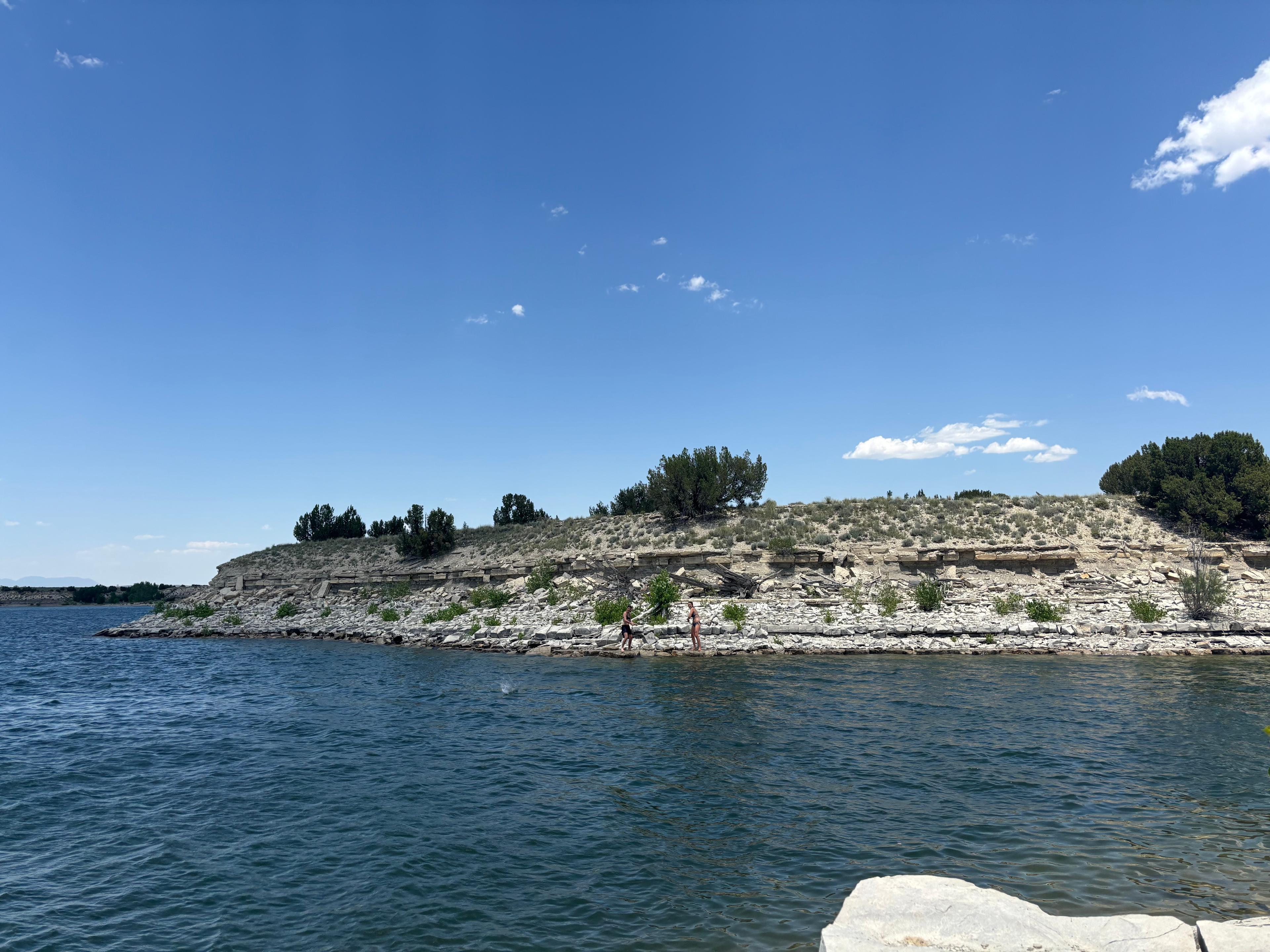
When scientists at Colorado State University in Fort Collins launched a study of identical twins Scott and Mark Kelly they thought they had a pretty good idea of what they might find. But they were wrong.
The study, one of many NASA is conducting across the country, uses the Kelly twins as guinea pigs to understand how living in space affects the human body. Astronaut Scott Kelly returned in March of 2016 from a year at the International Space Station. His identical twin brother Mark, a former astronaut who also happens to be the husband of former senator Gabrielle Giffords, stayed on Earth.
The twins' almost identical genomes offers scientists an ideal way to distinguish genetic effects versus environmental ones.
CSU's ongoing study focuses on the twins' telomeres which are the caps at the ends of our chromosomes that shorten as we age. Researchers know that along with aging, life stresses can also affect the length of telomeres.
Susan Bailey, a professor of environmental and radiological health sciences at CSU and her fellow researchers hypothesized that Scott Kelly's telomeres would shorten more rapidly than Mark's due to the unique stressors of living in space. But the opposite was true: Scott's telomeres lengthened while Mark's essentially stayed the same.
Bailey says these are preliminary results and at this point it's unclear what they mean but she says it's unlikely that space travel slows aging. She says other studies have shown that telomerase activity can be elevated by radiation, which astronauts are exposed to in space. Bailey believes this could have implications for the growth of cancer but says more research needs to be done in order to understand the effects of space travel on telomeres, aging, and cancer.









